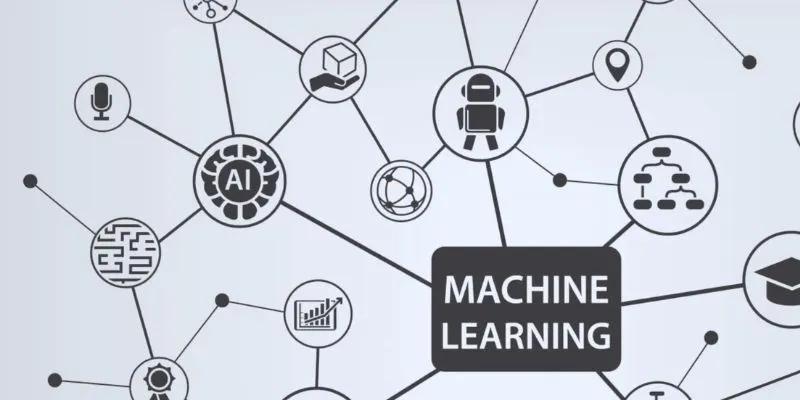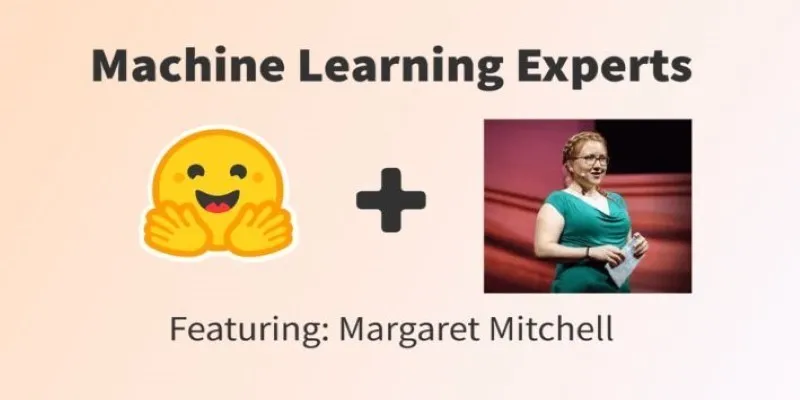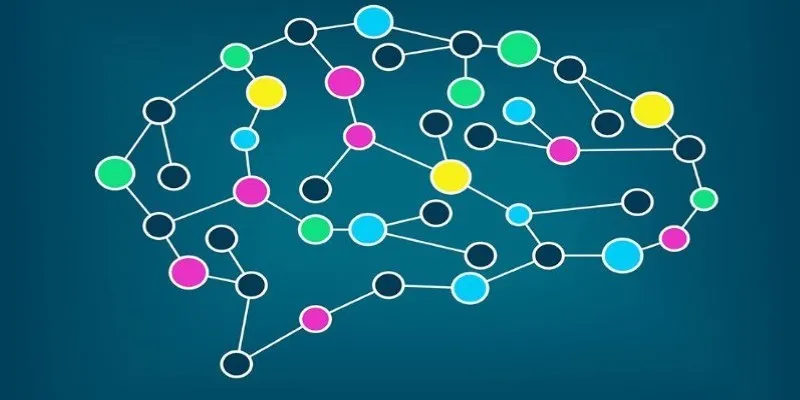Lewis Tunstall is recognized for his practical and grounded voice in the field of machine learning. While he might not be a headline-grabbing name, anyone who has delved into natural language processing (NLP) or experimented with open-source AI tools is likely familiar with his impactful work. Tunstall doesn’t just theorize about machine learning—he actively builds, shares, and teaches with a focus on clarity and functionality. His role at Hugging Face places him at the heart of real-world AI applications. What truly distinguishes Tunstall is his hands-on approach and his ability to demystify machine learning without oversimplifying its complexities.
From Mathematics to Applied Machine Learning
Tunstall’s journey began in mathematics, which underpins his logical and structured approach to machine learning. After completing a PhD in pure mathematics, he transitioned into data science and machine learning. This academic background provided him with a deep understanding of complex systems, but he gravitated towards applied work where theory meets practice.
His transition to machine learning wasn’t driven by trends but by a desire to address real-world problems. This dual perspective—rich theoretical insight combined with practical application—renders his work both technically robust and accessible. He emphasizes the connection between theoretical models and their behavior in real-world scenarios.
Practical AI with Hugging Face
At Hugging Face, a company renowned for its open-source transformer models like transformers, datasets, and accelerate, Tunstall plays a pivotal role. His contributions span documentation, code development, and educational content. One of his notable achievements is co-authoring “Natural Language Processing with Transformers,” a comprehensive guide to effectively utilizing large language models.

What makes this book unique is its practical, real-world tone. It doesn’t merely explain the mechanics of transformers; it guides readers through building projects, managing data, optimizing performance, and deploying models. The content is accessible, catering to both advanced researchers and developers working on real-world problems.
Focus on Natural Language Processing
Natural language processing is Tunstall’s primary area of focus. His work encompasses common NLP tasks like classification, sentiment analysis, translation, and summarization. Rather than only demonstrating model usage, he explains the entire process from data preprocessing to evaluation.
Tunstall also addresses common pitfalls such as tokenization quirks, performance bottlenecks, and label imbalance. He provides realistic expectations of model capabilities and guides users on managing these effectively to achieve useful results.
Teaching, Writing, and Community Contribution
Tunstall is not only a developer and researcher but also a passionate educator. Through blog posts, livestreams, and documentation, he maintains a steady, clear, and practical tone. He avoids hype, focusing instead on helping others navigate challenges. His teaching is notable for its thoughtful and jargon-free approach.

Active on platforms like GitHub, he frequently engages with the community by answering questions, troubleshooting, and sharing learning resources. His efforts support tool adoption and skill-building, encouraging developers to explore and learn through practice.
Tunstall’s writing reflects this ethos, aiming not to impress but to make machine learning accessible and effective. He provides guidance on assessing model performance honestly, avoiding common pitfalls, and making progress with limited resources.
Conclusion
Lewis Tunstall stands out in the machine learning community not through flashy headlines but through consistent, valuable contributions. His work focuses on clear communication, real-world utility, and empowering others to build confidence. In a field often dominated by complexity, his grounded approach emphasizes understanding, measurement, and continuous improvement. Through Hugging Face tools, detailed tutorials, and active community engagement, Tunstall continues to influence how developers engage with machine learning, reminding us that progress is driven by those willing to teach and share effective practices.
 zfn9
zfn9





















